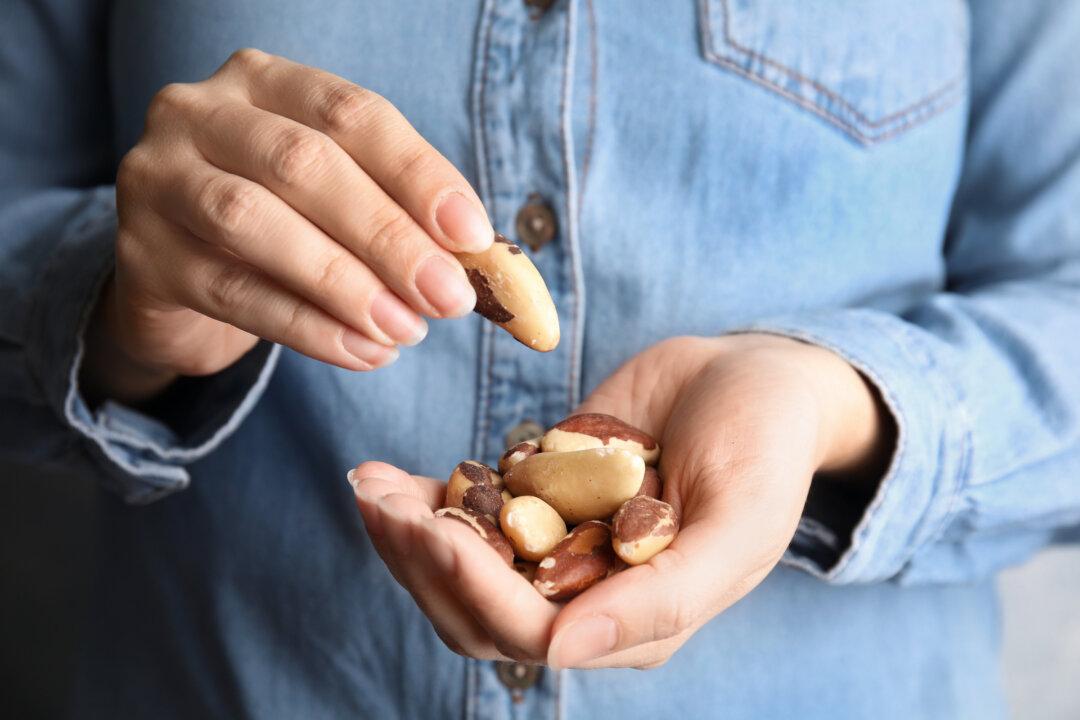New data is showing that more older people are ending up on liver transplant waiting lists than at any point in history. And although the pandemic may play a small role in the uptick, it’s certainly not the main driver—alcohol use and obesity are.
In fact, these two causes have overtaken hepatitis C as the main drivers of liver failure. In most cases, the 65-plus population is experiencing liver disease resulting from fatty liver disease, in which excess fat on the organ leads to scarring that impairs function.





